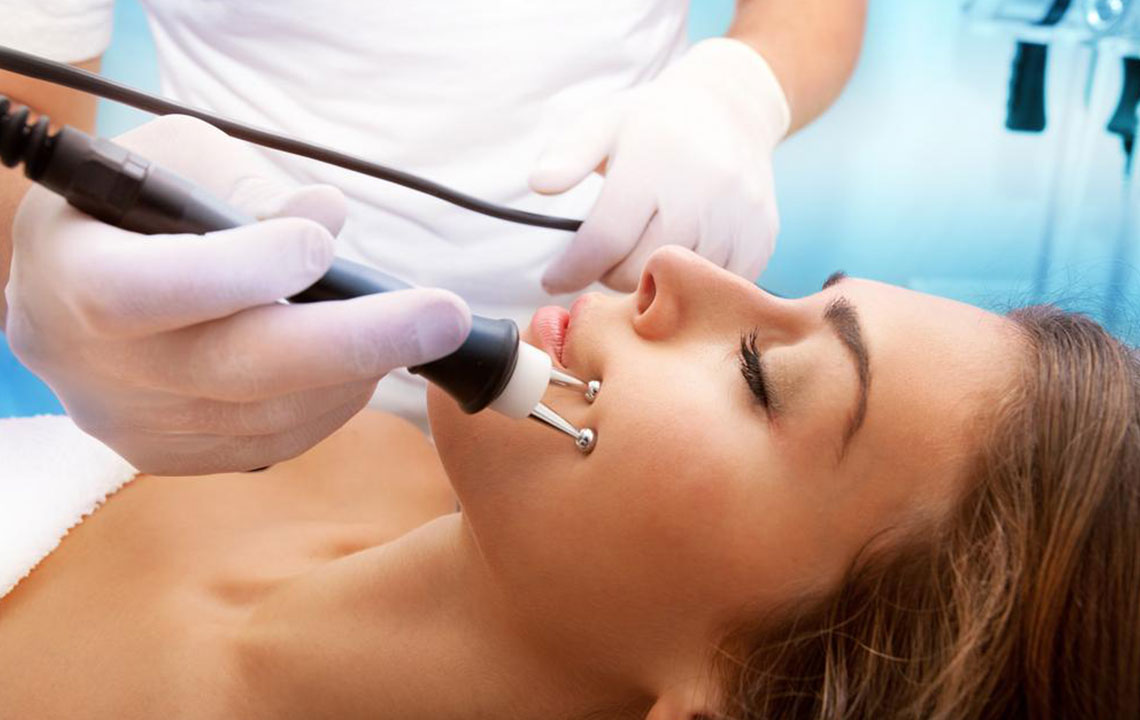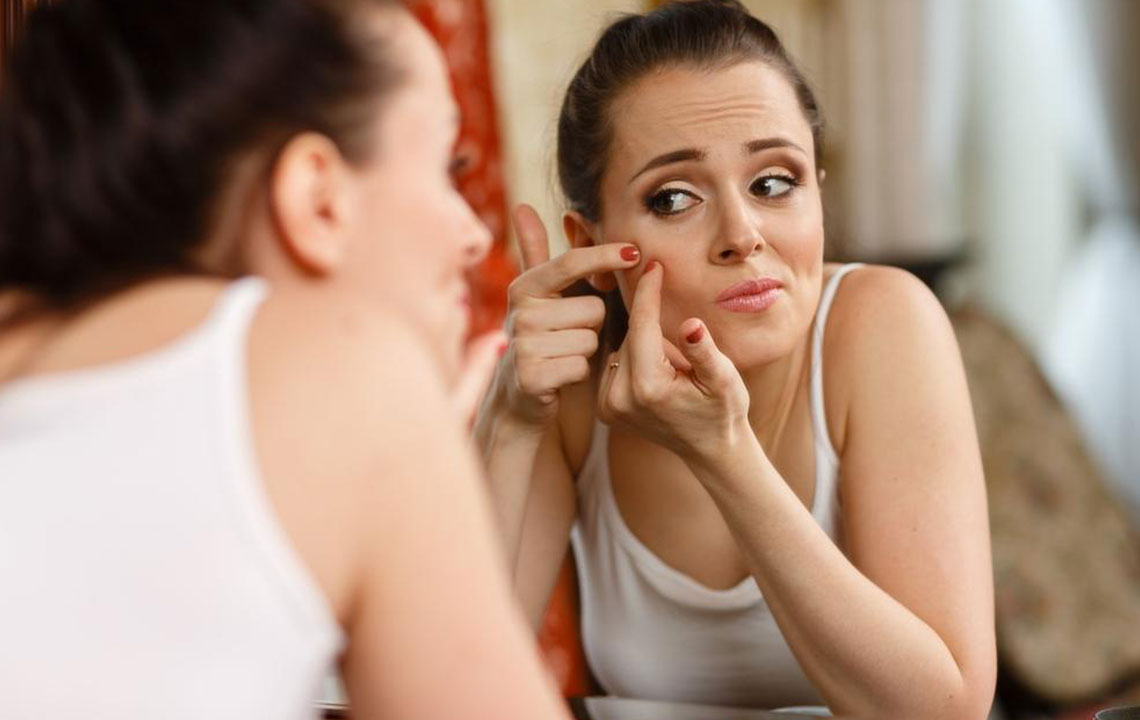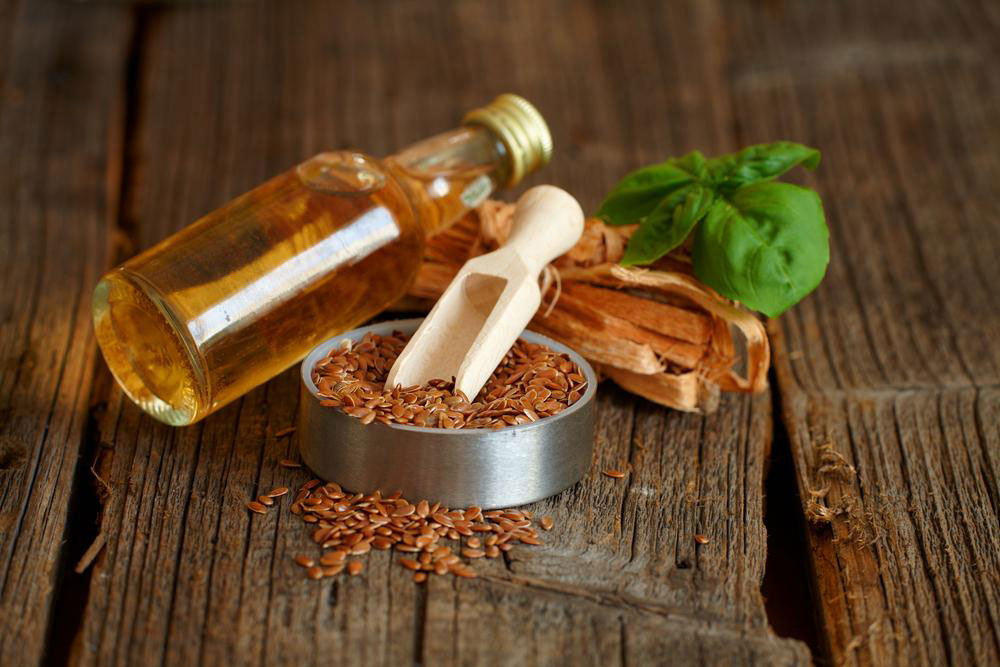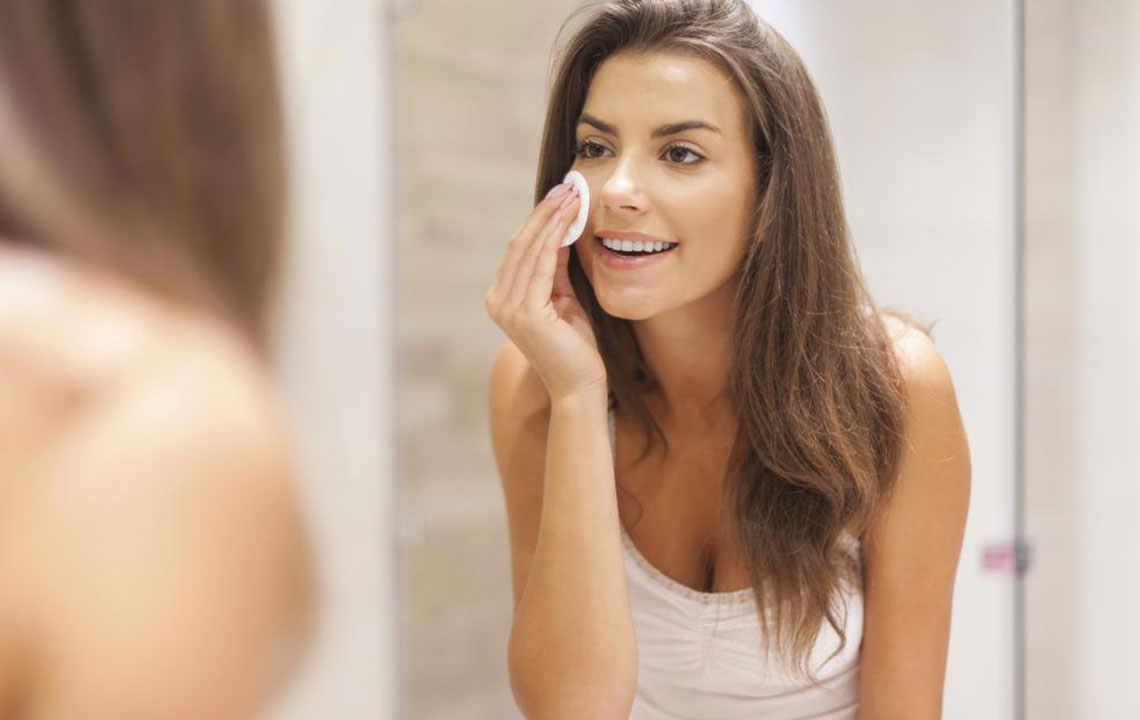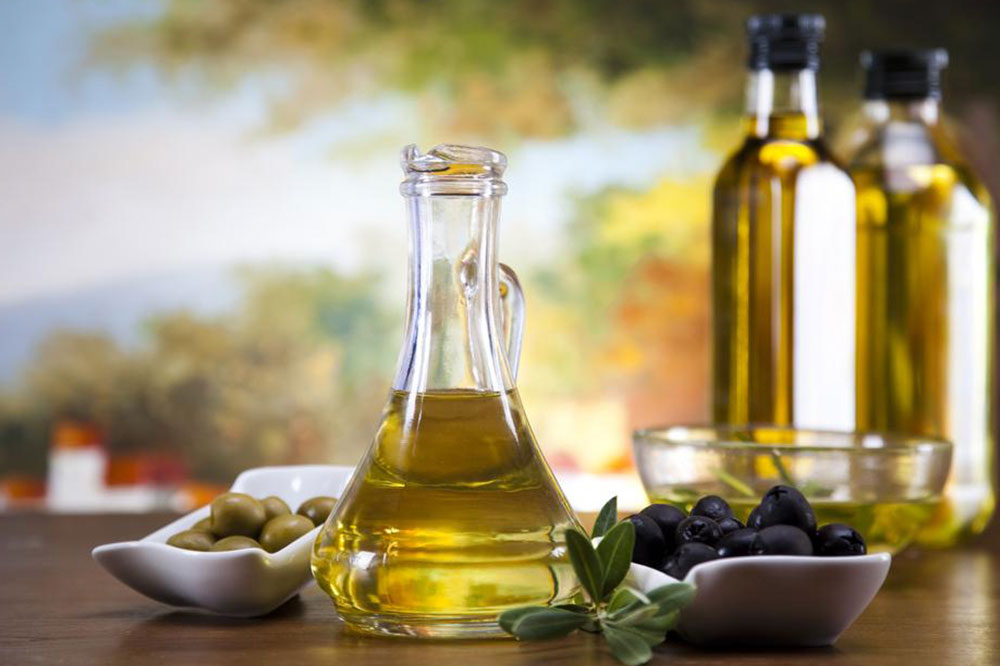Comprehensive Guide to Effective Adult Acne Management Strategies
Discover effective strategies for managing adult acne, including hormonal insights, diet advice, natural remedies, and professional treatments. Learn how lifestyle changes and skincare routines can significantly improve skin health and reduce breakouts for lasting confidence.
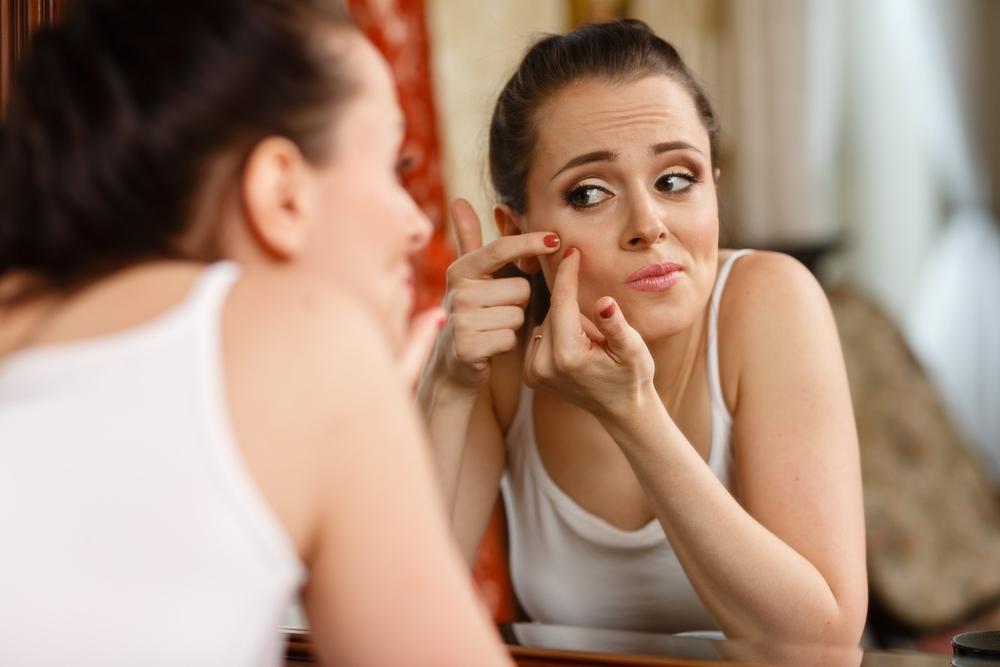
Comprehensive Guide to Effective Adult Acne Management Strategies
Dealing with persistent pimples and breakouts well into adulthood can be frustrating and emotionally taxing. While acne is often associated with adolescence, many adults face this skin concern, which is caused by a variety of factors including hormonal imbalances, lifestyle choices, and environmental influences. Understanding the nature of adult acne and implementing targeted skincare and lifestyle modifications can significantly improve skin clarity and confidence.
Statistics reveal that a considerable percentage of women and men continue to grapple with acne well beyond their teenage years. For instance, a 2012 study showed that approximately 50% of women worldwide experience acne between ages 21 to 30, with an additional 25% developing blemishes between 31 and 40. Interestingly, some individuals continue to face breakouts even after age 50, indicating that adult acne remains a relevant dermatological issue for many. If you’re among those battling persistent adult acne, remember that you are not alone, and effective solutions are readily available.
Understanding the Causes of Adult Acne
Acne at any age is mainly caused by excess oil production, clogged pores, bacteria proliferation, and inflammation. In adults, hormonal fluctuations—particularly those associated with menstrual cycles, pregnancy, menopause, or hormonal disorders—are significant contributors to breakouts. Elevated levels of androgens can stimulate sebaceous glands to produce more oil, which then clogs pores and leads to acne lesions. Besides hormonal factors, lifestyle and environmental influences also play pivotal roles.
Dietary habits, stress levels, skincare routines, and exposure to environmental pollutants can exacerbate acne. For example, diets high in refined sugars and processed foods promote inflammation and oil secretion, aggravating skin conditions. Stress triggers cortisol release, which can increase oil production and worsen breakouts. Additionally, irregular sleep patterns and poor hygiene can contribute to clogged pores and bacterial growth.
If you're seeking natural, sustainable approaches to combat adult acne, here are some evidence-backed tips:
Adopt a Low-Glycemic Diet: Cutting back on refined carbohydrates such as white bread, pastries, and sugary drinks reduces inflammation and stabilizes blood sugar levels, which in turn can decrease oil production and prevent acne flare-ups. Emphasize whole grains, vegetables, lean proteins, and healthy fats for optimal skin health.
Incorporate Tea Tree Oil into Your Skincare Routine: Extracted from the Australian Melaleuca alternifolia plant, tea tree oil possesses powerful antibacterial, antifungal, and anti-inflammatory properties. Using products containing 5-15% tea tree oil can help diminish bacteria on the skin, reduce redness, and prevent new outbreaks when applied consistently in cleansers or topical treatments.
Manage Stress Effectively: Chronic stress impacts hormonal balance and immune function, both of which influence skin health. Engage in stress-relieving practices such as meditation, yoga, deep breathing exercises, or regular physical activity. These habits can help lower cortisol levels, reducing skin inflammation and streamlining your body's natural healing processes.
Utilize Over-the-Counter Topical Treatments: Ingredients like salicylic acid are highly effective against clogged pores and inflammation. Salicylic acid penetrates pores, dissolving dead skin cells and sebum buildup, which helps prevent the formation of pimples. Look for skincare products like gels, creams, and toners containing this ingredient for targeted relief.
Apply Bacterial-Fighting Agents: Benzoyl peroxide remains a frontline treatment for mild to moderate adult acne. It kills acne-causing bacteria and reduces inflammation. Combining benzoyl peroxide with antibiotics such as erythromycin or clindamycin prescribed by a dermatologist can enhance treatment efficacy and reduce bacterial resistance.
In addition to topical and dietary strategies, maintaining a consistent skincare routine tailored to adult skin’s needs is crucial. Use gentle, non-comedogenic cleansers, moisturizers, and avoid harsh scrubbing, which can irritate skin and worsen acne. If over-the-counter remedies do not yield satisfactory results, consulting a dermatologist for personalized treatment options, including topical or oral medications, can be beneficial. Remember, patience and persistence are key when managing adult acne, as skin renewal and healing take time. With the right combination of lifestyle adjustments, skincare, and professional guidance, clear and healthier skin is achievable, restoring your confidence and improving overall quality of life.
